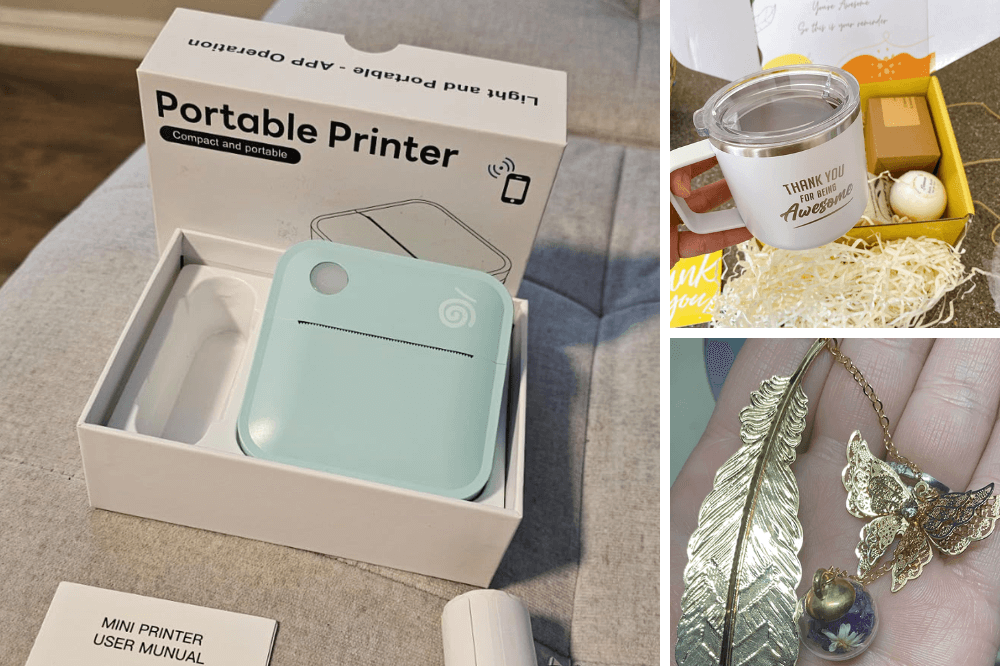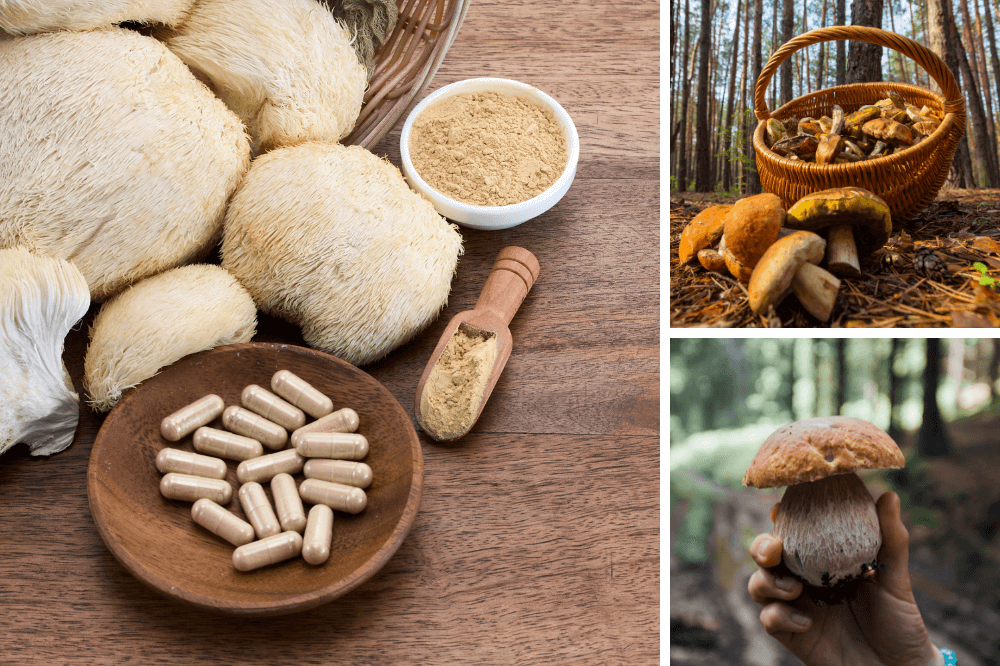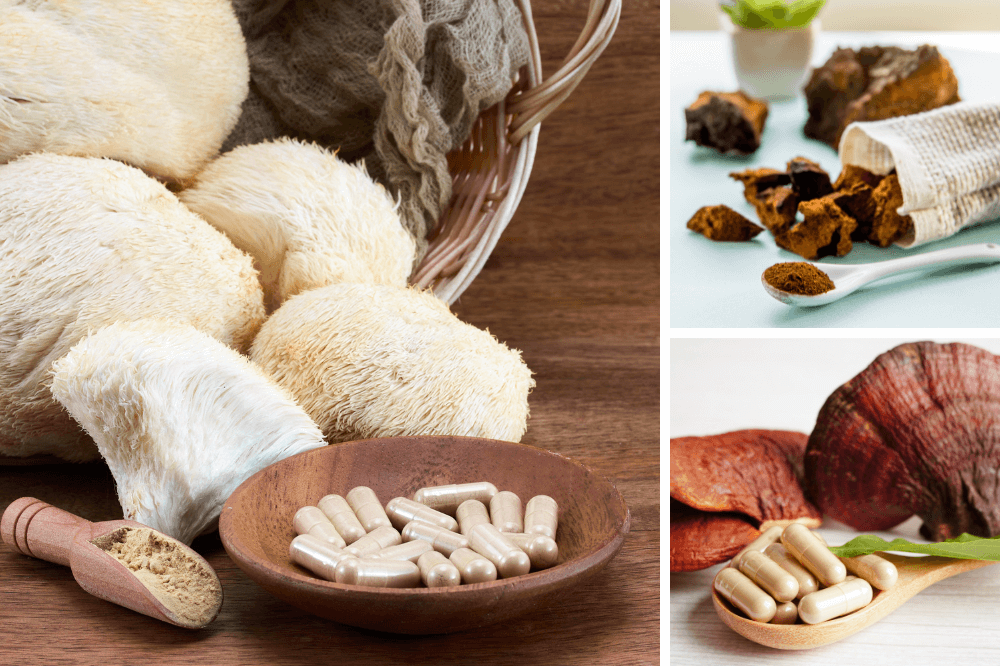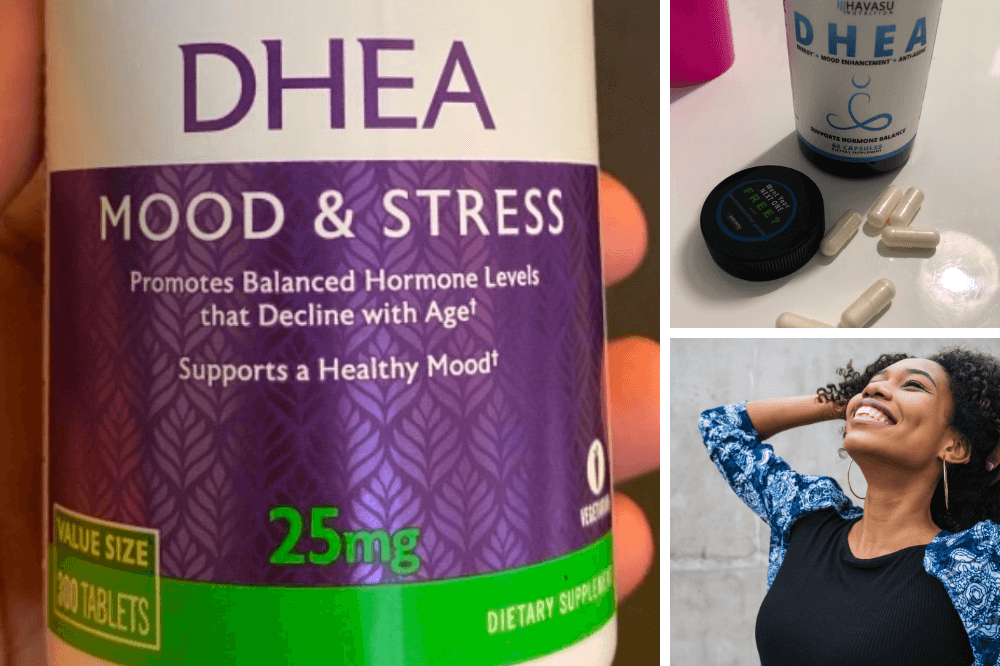For many, a morning cup of coffee is a non-negotiable part of the daily routine. But have you ever stopped to consider the impact this beloved beverage might have on your dental health? There's been much debate over whether coffee consumption can lead to cavities, with recent studies offering some surprising insights.
The Popularity of Coffee
According to the National Coffee Association, coffee is one of the most popular drinks worldwide, with millions of people starting their day with a hot cup. However, regular coffee drinkers often wonder, "Is my daily coffee habit bad for my teeth?"
Understanding the Effects of Coffee on Teeth
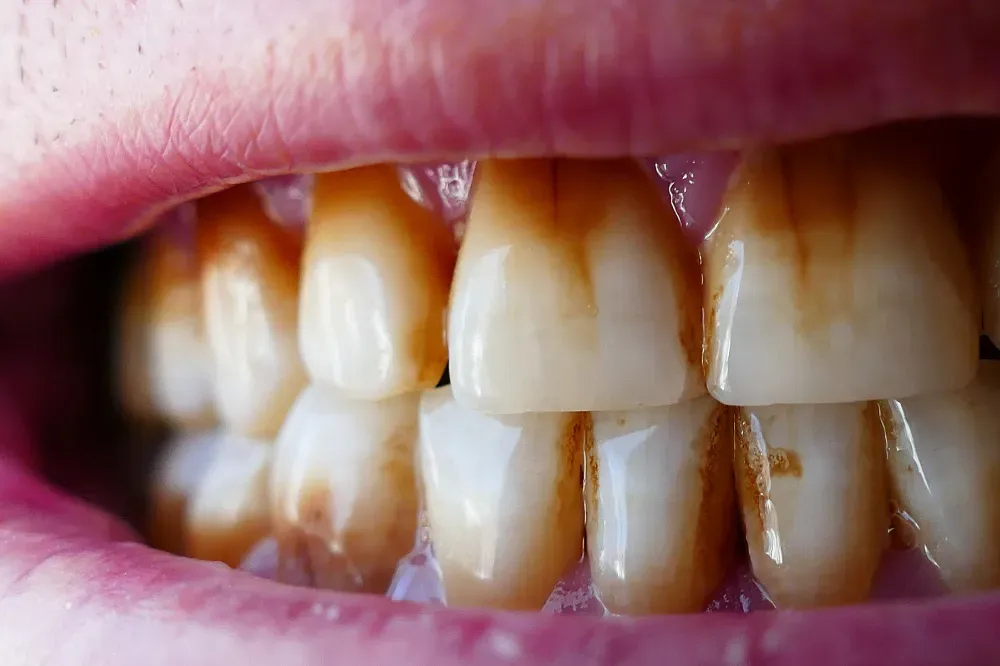
Coffee, particularly black coffee, has been known to cause coffee stains on teeth due to its dark pigment. This is because the enamel of your teeth, or the outer layer, is porous and can absorb the colorants in coffee.
Why Does Coffee Stain Teeth?
The dark pigments found in coffee, especially in roasted coffee beans, can lead to tooth discoloration. These stains can give your pearly whites a yellowish hue, which isn't the best news for coffee lovers. This effect is more pronounced in those who drink black coffee.
The Acidity of Coffee and Enamel Erosion
Additionally, coffee is an acidic drink, and the acidity of coffee can lead to enamel erosion. Over time, this can increase the risk of tooth decay. However, it's not all bad news.
A recent study published in the Journal of Conservative Dentistry found that coffee, especially robusta coffee beans, has antibacterial properties and can inhibit the growth of plaque-causing bacteria.
Is Sugar the Real Culprit?
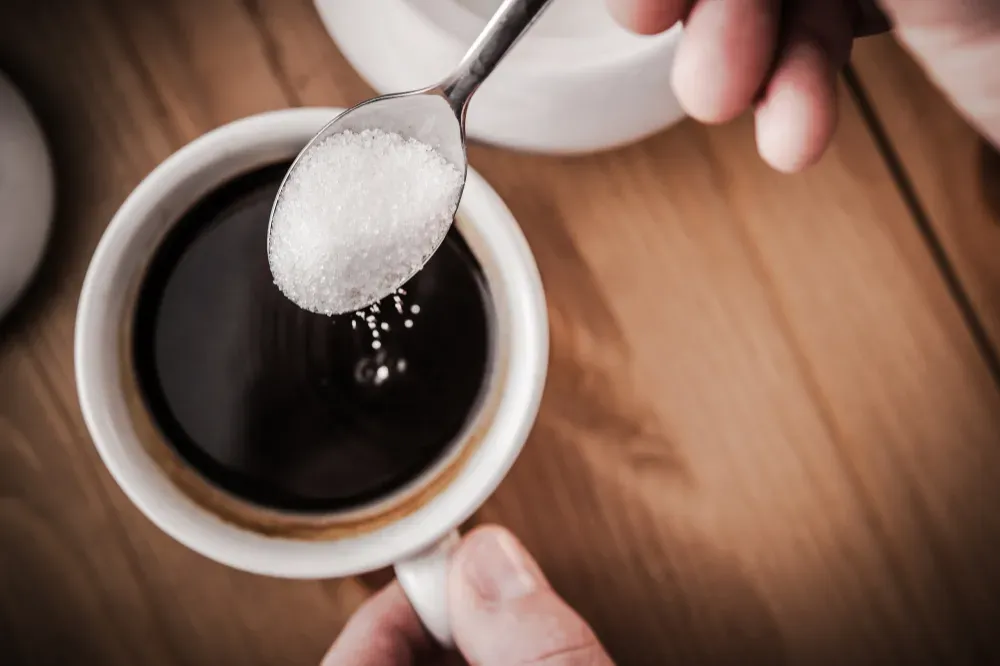
Contrary to popular belief, coffee as a standalone drink does not directly cause cavities. Instead, it's the amount of sugar that we add to our coffee drinks that poses the greatest risk.
The Impact of Sugar in Coffee Drinks
Sugary foods and drinks, including sweetened coffee, contribute to the formation of cavities by providing food for harmful oral bacteria. These bacteria produce acids that cause tooth enamel to weaken and decay, leading to cavities.
Many coffee beverages, such as lattes and mochas, contain large amounts of added sugar. Even if you prefer your coffee black, you might still be at risk if you enjoy your coffee with a side of sugary pastries or white bread.
The Role of Oral Hygiene

Maintaining a good oral hygiene routine is vital to protecting your teeth from the potential adverse effects of coffee.
Regular Brushing and Flossing
Regular brushing, especially after drinking coffee, can help remove the dark pigment from the surface of your teeth and prevent stains[^5^]. Using a whitening toothpaste can also contribute to keeping your smile bright despite your coffee habit.
Staying Hydrated
Drinking plenty of water can also help by washing away sugars and acids that contribute to cavities. If you can't brush your teeth immediately after enjoying your daily cup of joe, rinsing your mouth with a large glass of water is a good idea.
Chewing Sugar-Free Gum
Chewing sugar-free gum can stimulate saliva production, helping to neutralize the acidity in your mouth and reduce dry mouth, a condition that can exacerbate tooth decay.
Regular Dental Cleanings
In addition to home care, regular dental cleanings are vital in maintaining dental health. These cleanings can remove coffee stains and layers of plaque that brushing alone cannot remove.
Balancing Coffee Intake
Consider balancing your coffee intake with other, less acidic beverages like green tea or herbal tea. These alternatives can provide health benefits without the risk of tooth discoloration.
Coffee and Teeth Whitening Treatments
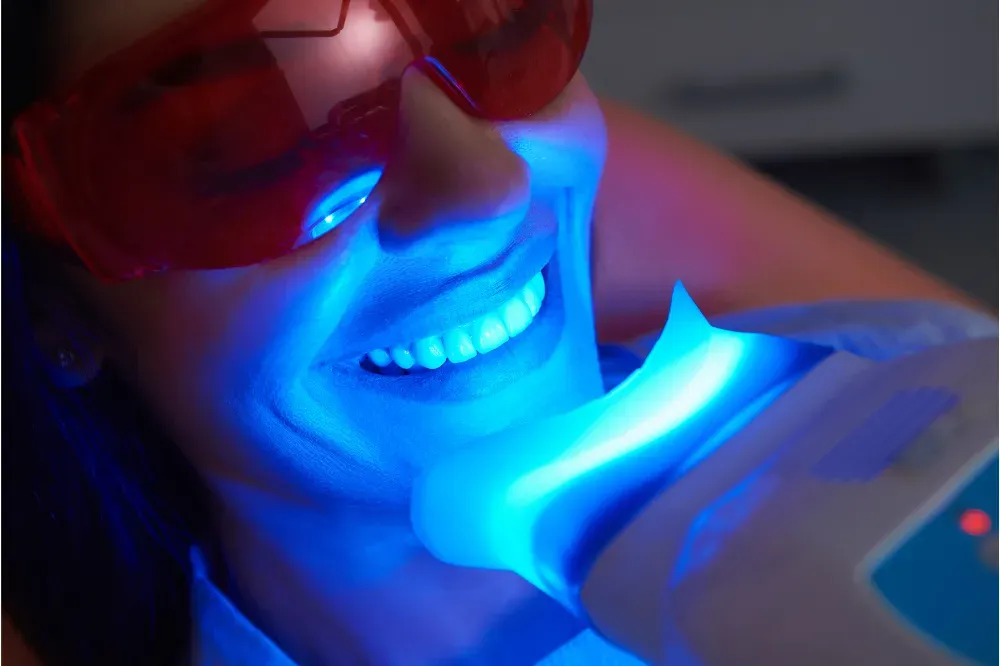
For those concerned about coffee-stained teeth, various teeth whitening treatments are available. These treatments can help remove coffee stains and restore your teeth to their natural whiteness.
In Conclusion: Can Too Much Coffee Cause Cavities?
While coffee doesn't directly cause cavities, its acidity and staining potential mean it's not entirely innocent when it comes to dental health. But don't despair, coffee lovers! By practicing good oral hygiene and being mindful of your sugar intake, you can continue to enjoy your morning cup of joe without sacrificing your oral health.
So, next time you reach for your hot coffee or iced coffee, remember the effects of coffee on your teeth. Keep up your regular cleanings and check-ups, and talk to an active member of the American Dental Association if you have any concerns about your dental health.










